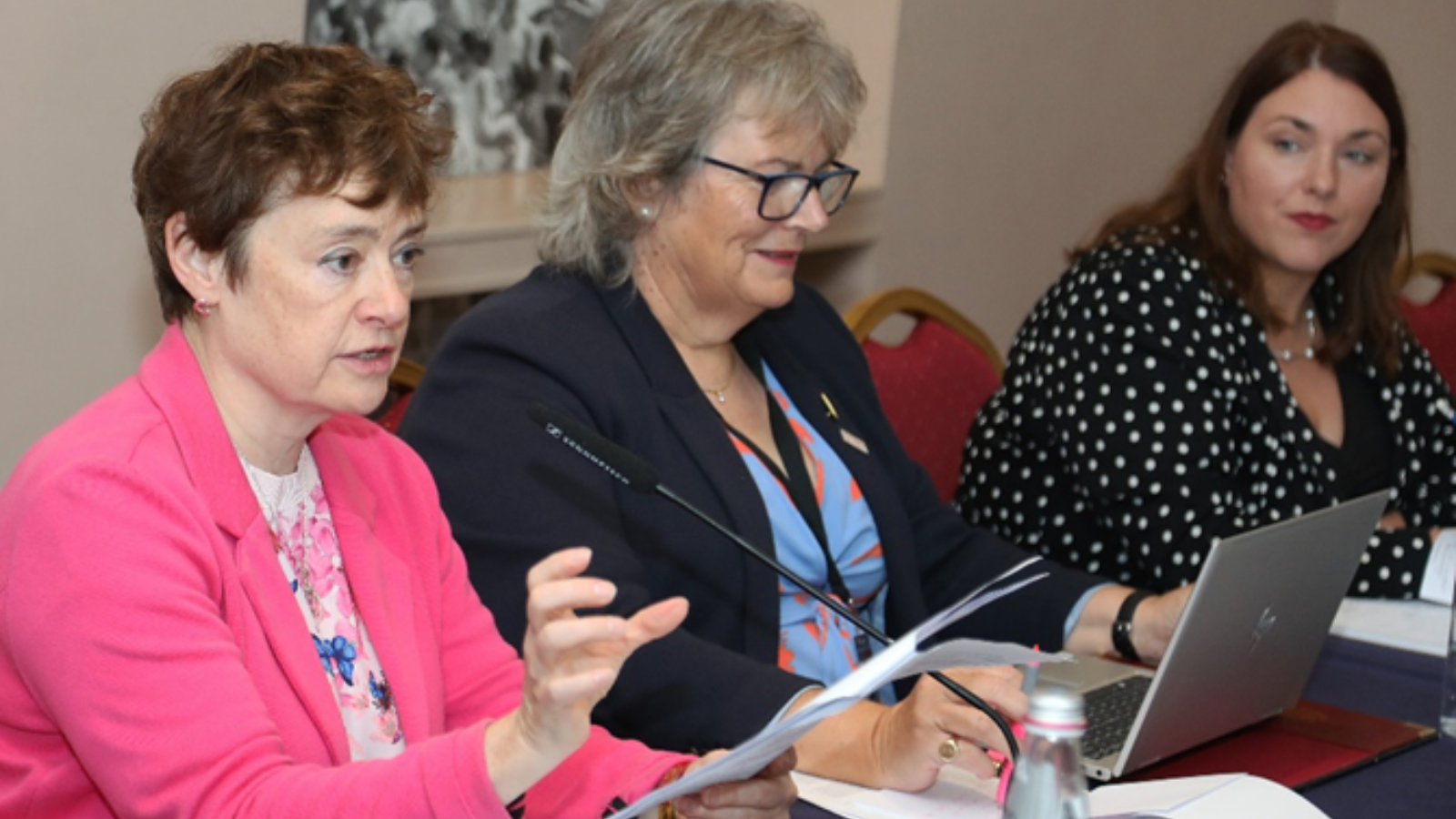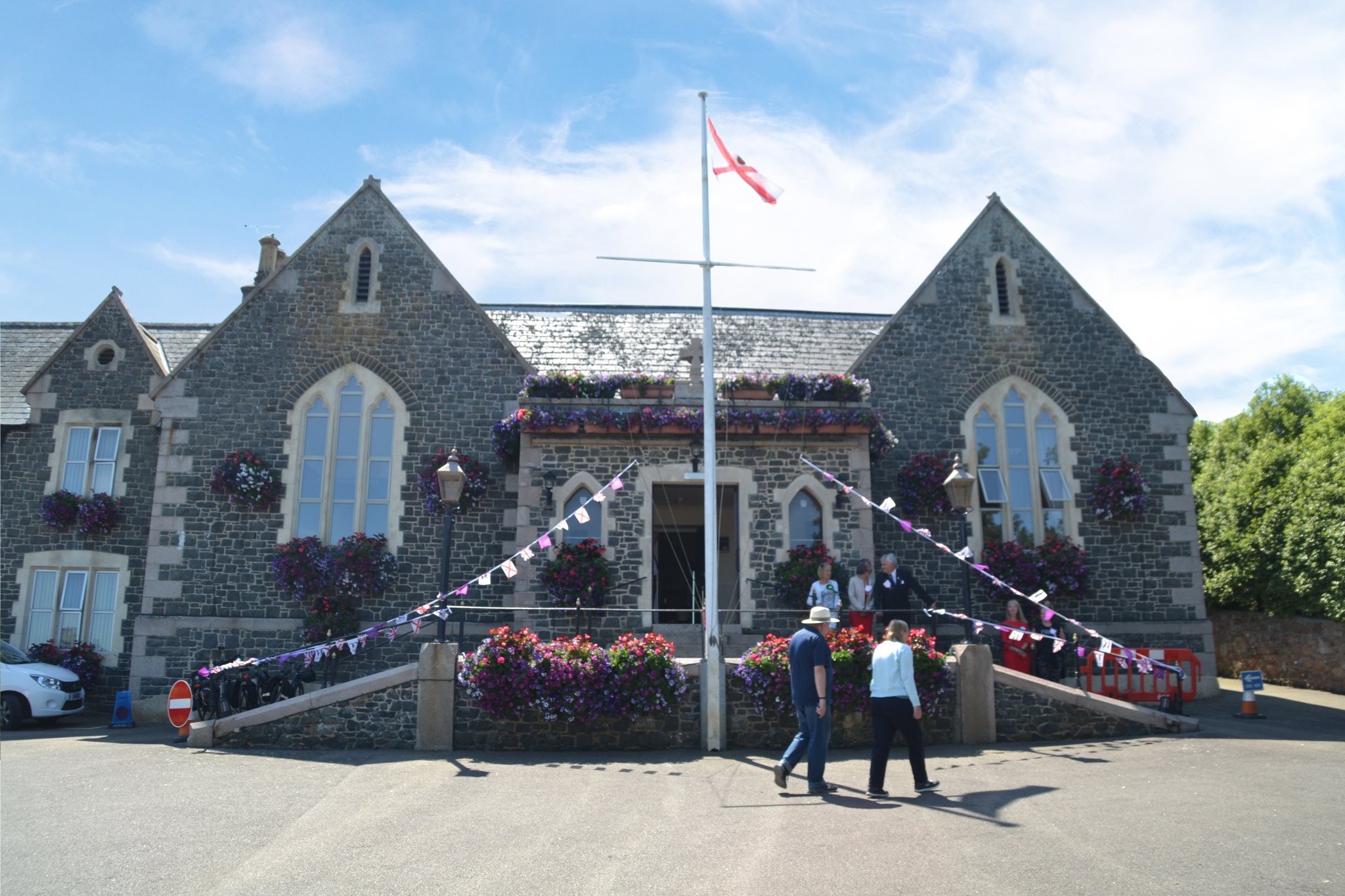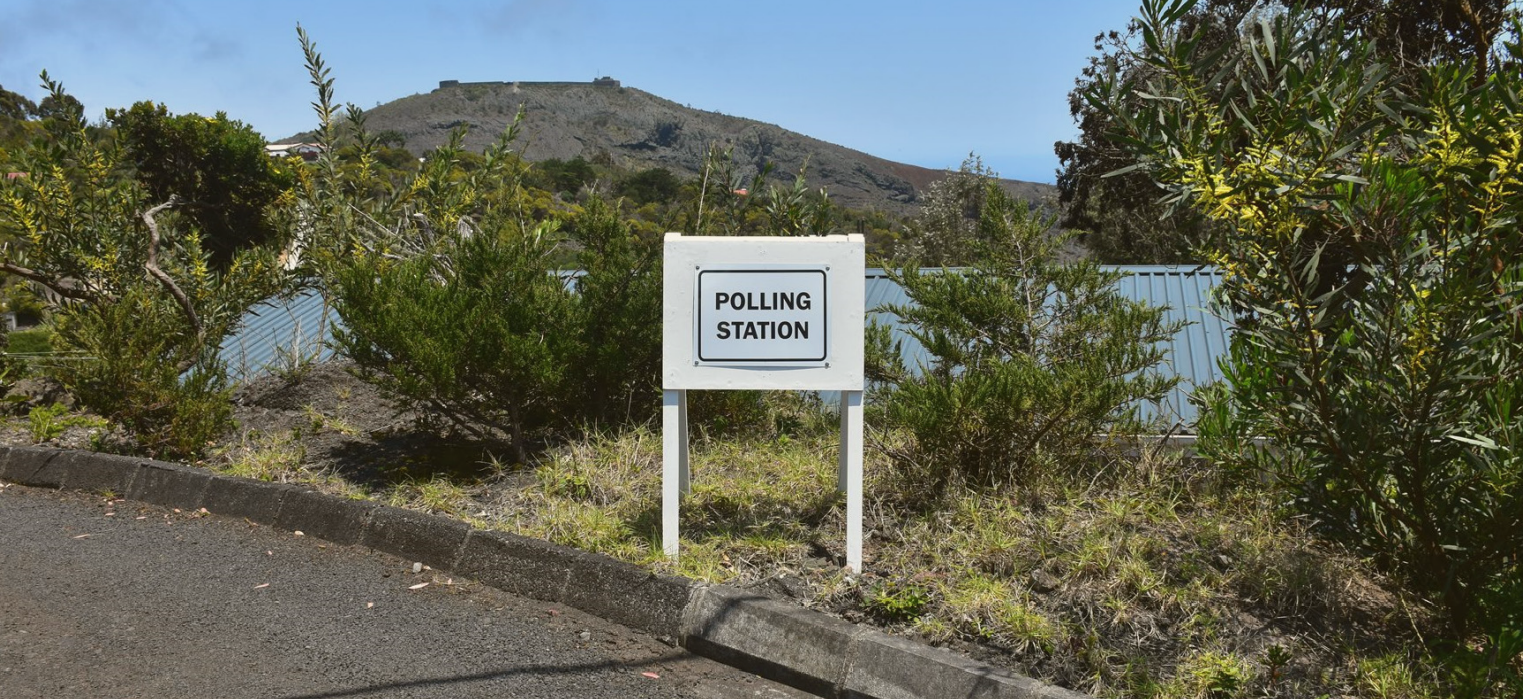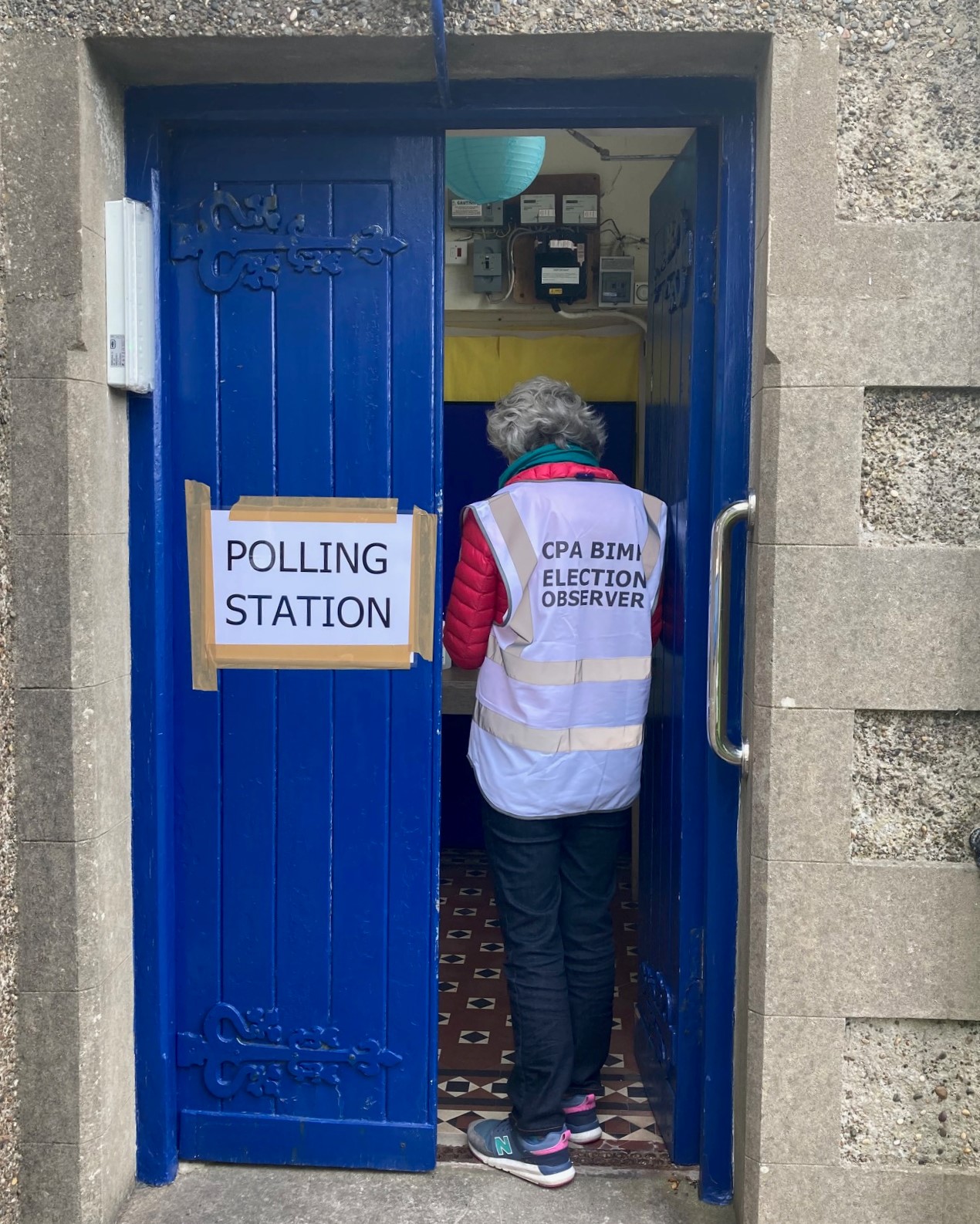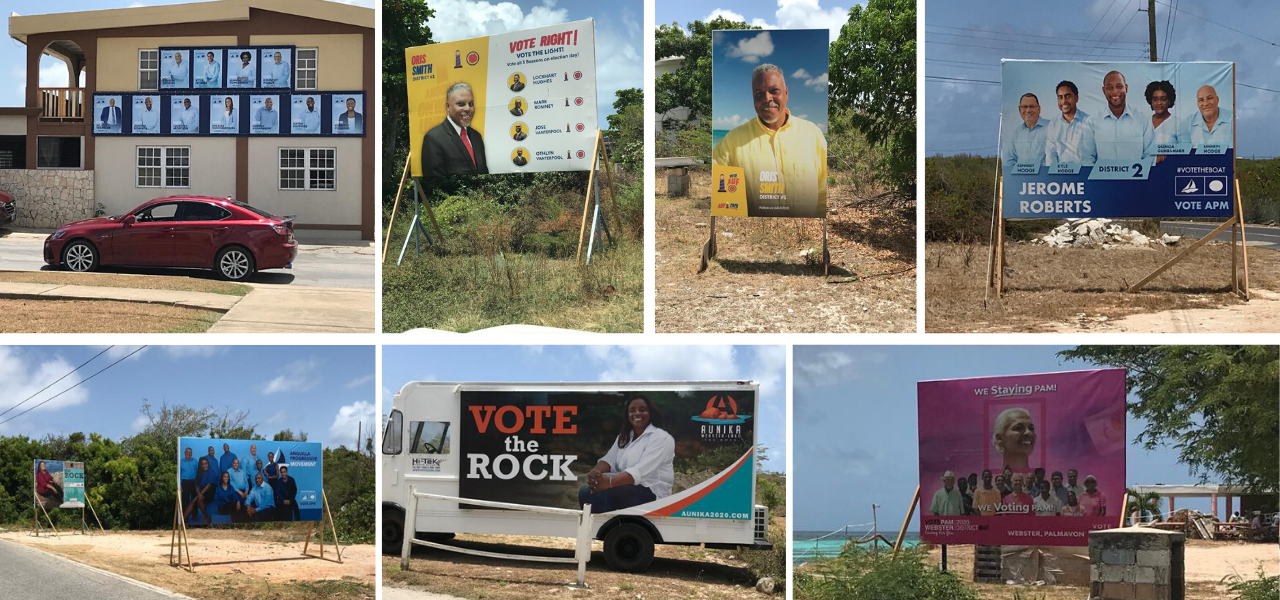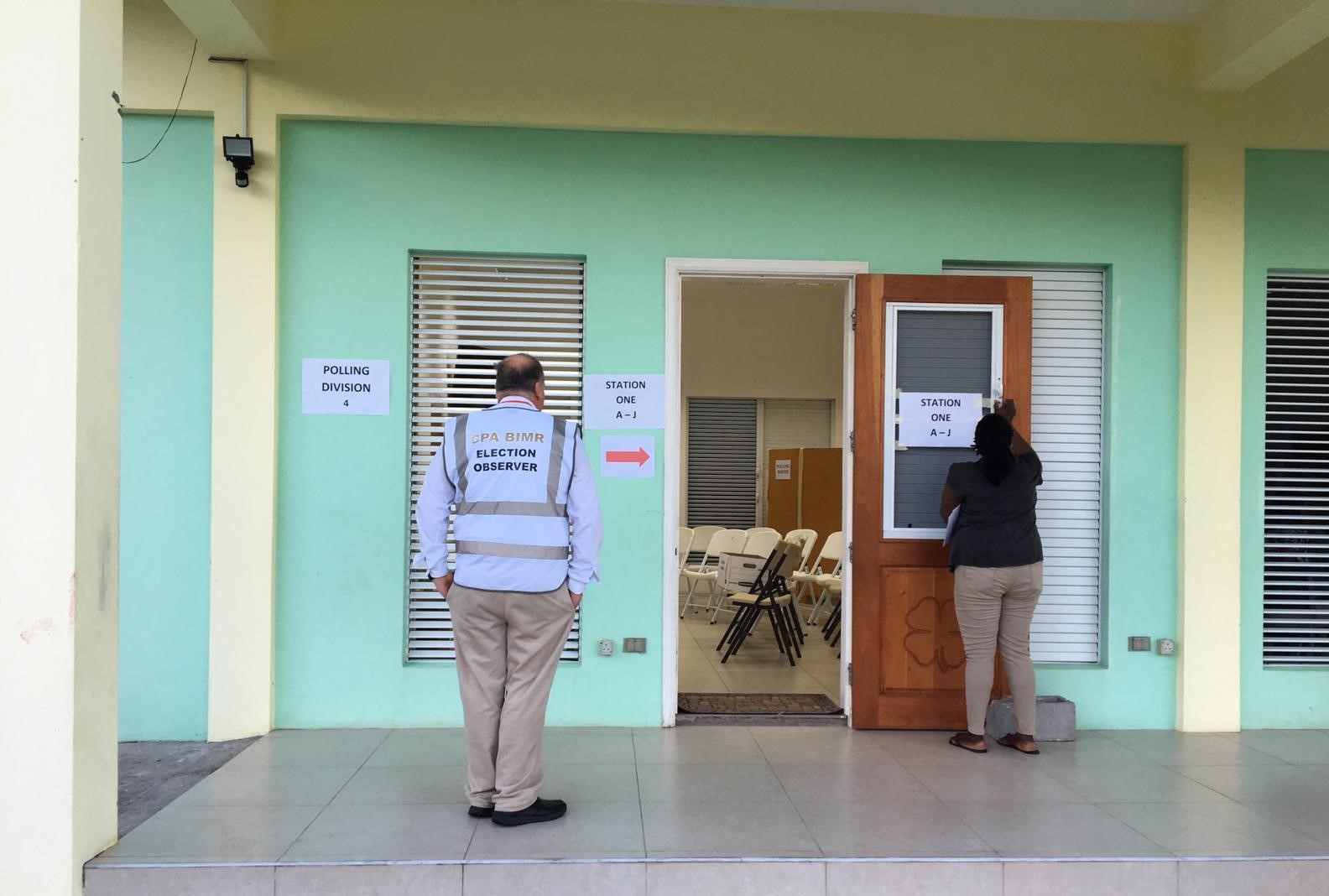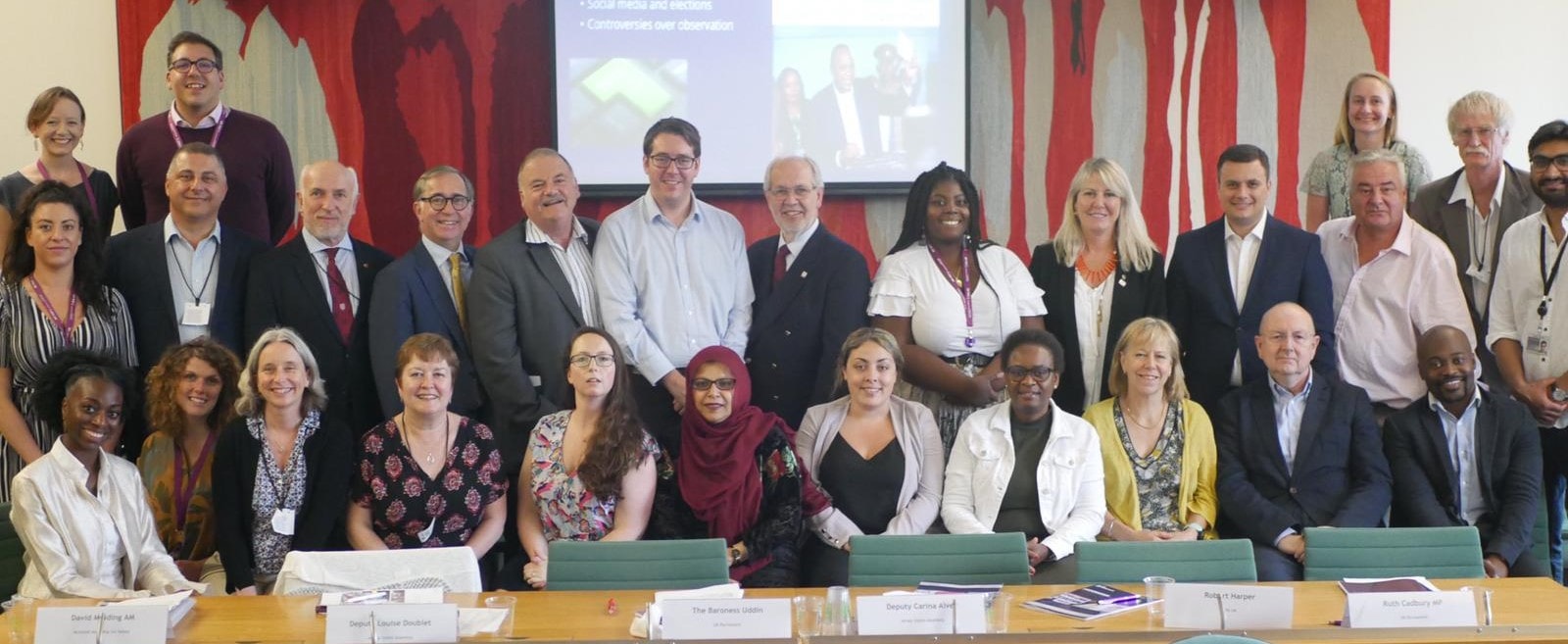'No matter how many knocks you take, you go forward'
Published 05 December 2024
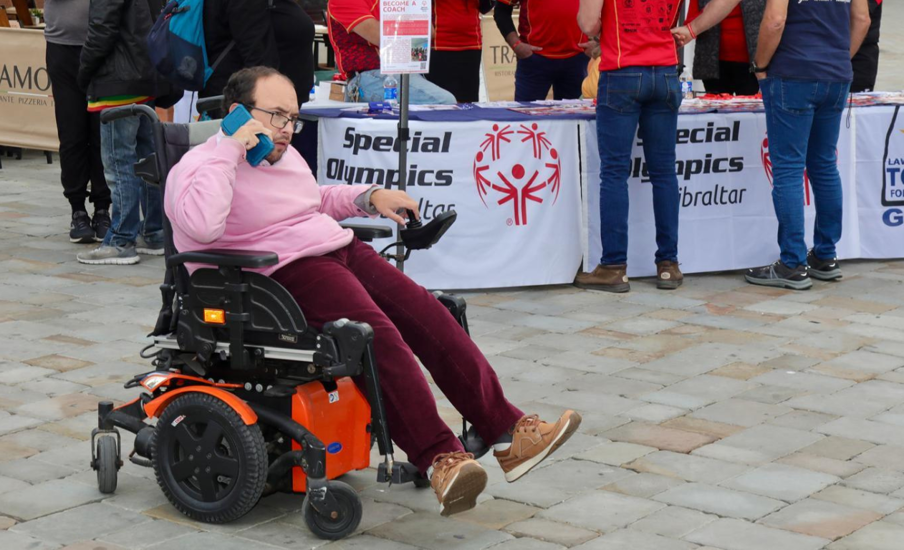
“The problem is people’s perception. People think you won’t be able to manage. People have their own biases. I don’t want to be seen as Poor Little Me.”
Matthew Turnock from Gibraltar, who has cerebral palsy and uses a wheelchair, was describing the barriers he faces in politics.
“My message is,” he said, “no matter how many knocks you take, the important thing is to carry on the fight and go forward. There always need to be trailblazers.”
Matthew was taking part in a webinar organised by the CPA British Islands and Mediterranean Region (BIMR) and led by the Scottish parliamentarian, Jeremy Balfour MSP. It was held to coincide with International Day of Persons with Disabilities (IDPD) on 3 December.
The conversation included parliamentarians and parliamentary staff from different branches in the region including St Helena, the Welsh Senedd and Tynwald in the Isle of Man. It set out to address factors which prevent, or make it hard, for people with disabilities to get involved in party politics in the first place, and then go on to be a parliamentarian.
Jeremy, who is regional Champion for the Commonwealth Parliamentarians with Disabilities network asked:
“How can we make life easier for people with disabilities to get into politics? Clearly lessons still need to be learned. We’re not getting disabled people coming forward to stand for elected office. Why? Going out campaigning can be difficult depending on your disability. Sometimes you can’t deliver leaflets. Maybe mobility is hard.”
Jeremy referenced the Scottish Access Fund which provides grants for candidates with disabilities to address some of the practical challenges he set out, such as hiring people to help with leafleting. The grant is administered by a charity so there is no risk of political interference.
Since he was a boy, Matthew in Gibraltar has been passionate about getting into parliament.
“When I was 11, I made a conscious decision to get into politics. …. I’ve tried three times to get into parliament, not because I’m anything special but because my issues are not run of the mill issues.”
He feels that the political system in Gibraltar could do more, and act quicker, to help people with disabilities get more involved.
“The parliament in Gibraltar is still not accessible. In 2019 an elected member broke her leg and couldn’t discharge her duties at the House. Colleagues offered to pick her up so she could access the building, but she didn’t want that. She wanted to maintain her dignity.”
Following on from Matthew’s plea to make parliamentary buildings accessible and open to everyone, Dawn Kinnish, a Member of Tynwald in the Isle of Man said,
“We need to keep the pressure on to improve the environment. We need to send out the right message.”
Other points discussed were the pros and cons of reserved seats and quotas, and the usefulness (or not) of lanyards and pins which identify hidden disabilities.
In October, members of the Commonwealth Parliamentarians with Disabilities network met at the 67th Commonwealth Parliamentary Conference in Sydney, Australia. Jeremy was there, as well as Marsha de Cordova, MP for Battersea. She has been actively involved in campaigning to make Westminster more accessible for disabled people.
This week’s webinar concluded by observing that issues may be easy to identify, but the next step needs to be finding solutions. Matthew in Gibraltar ended his contribution with this thought,
“We’re here to make a difference and make changes a reality. Talk will only get us so far.”
